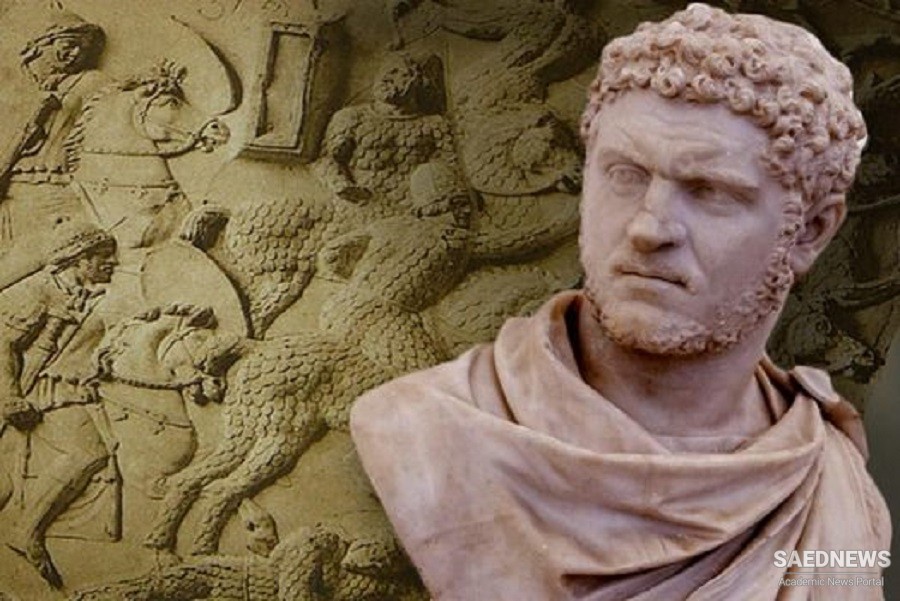For an understanding of the circumstances of Parthian expansion at this moment, it is necessary to give a summary of events in the Seleucid kingdom. After the death of Antiochus IV Epiphanes, his cunning minister Lysias made the accession of his son, the child-king Antiochus V Eupator, the pretext for an exercise of his own authority. The elder cousin Demetrius, then a hostage at Rome, effected his escape to Syria, was acclaimed as king, put both child and minister to death, and crushed Timarchus as already described. But twelve years later Alexander Balas, claimed as the second son of Epiphanes, was set up against him as a pretender, and supported by Ptolemy Philometor of Egypt. In 150 B.C. Demetrius met his fate in battle against the new claimant. Yet the reign of Balas was to last only five years. Then the eldest surviving son of Demetrius Soter, a youth in his teens, and also named Demetrius (II), raised a force of Cretan mercenaries and landed in Syria. Balas made the mistake of quarrelling with his Egyptian patron, who switched his support to Demetrius, and in the ensuing battle Balas was routed, and a few days later hunted down. Ptolemy, who took part personally in the battle on the side of Demetrius, was fatally wounded, so that Demetrius II remained in complete control of the Seleucid kingdom. He was able to secure recognition of his rule at Seleucia-on-the-Tigris, where four coin issues have been attributed to him. Susa, however, had passed in 147 B.C. into the power of Kamniskires, the king of Elymais, and was never again recovered by the Seleucid authorities. As early as the late summer of 145 B.C. the military commander Tryphon set up an infant son of Balas, Antiochus VI, as king in opposition to Demetrius, and even gained possession of Antioch. Demetrius meanwhile held the greater part of the Syrian coast. Then in the east during 141 B.C. Mithradates invaded Babylonia and occupied Seleucia. Tetradrachms are attributed to him in the series of this mint for the year 141/40 B.C, and there are dated issues for the years 140/39 and 139/8. Mithradates then withdrew to his residence in Hyrcania, but his forces pressed on southwards to defeat the army of Elymais at Apamea near the modern Qut al-'Amara. Soon afterwards the Parthians were able to occupy Susa, where coins were again struck for Mithradates. Meanwhile, appeals for help from the Greeks of Babylonia reached Demetrius in Syria, and "in the hundred threescore and twelfth year", that is to say, during the spring of 140 B.C., he gathered a force and moved into Babylonia and perhaps Media. Apparently Demetrius II hoped not only to recover these provinces from the generals of Mithradates, but also to raise in the east loyal reinforcements with which he could return to overcome the usurpur Tryphon. None the less, his audacity and some early successes were in vain. In the following year (139 B.C.), defeated and taken prisoner by one of the Parthian generals, he was paraded through the cities which the Parthians had won. Finally, Demetrius was sent to Mithradates in Hyrcania. The Arsacid not only treated him kindly, but while holding him as a prisoner, even gave him his daughter Rhodogune as a wife.


 Parthian History and Classic Literary Sources
Parthian History and Classic Literary Sources














































